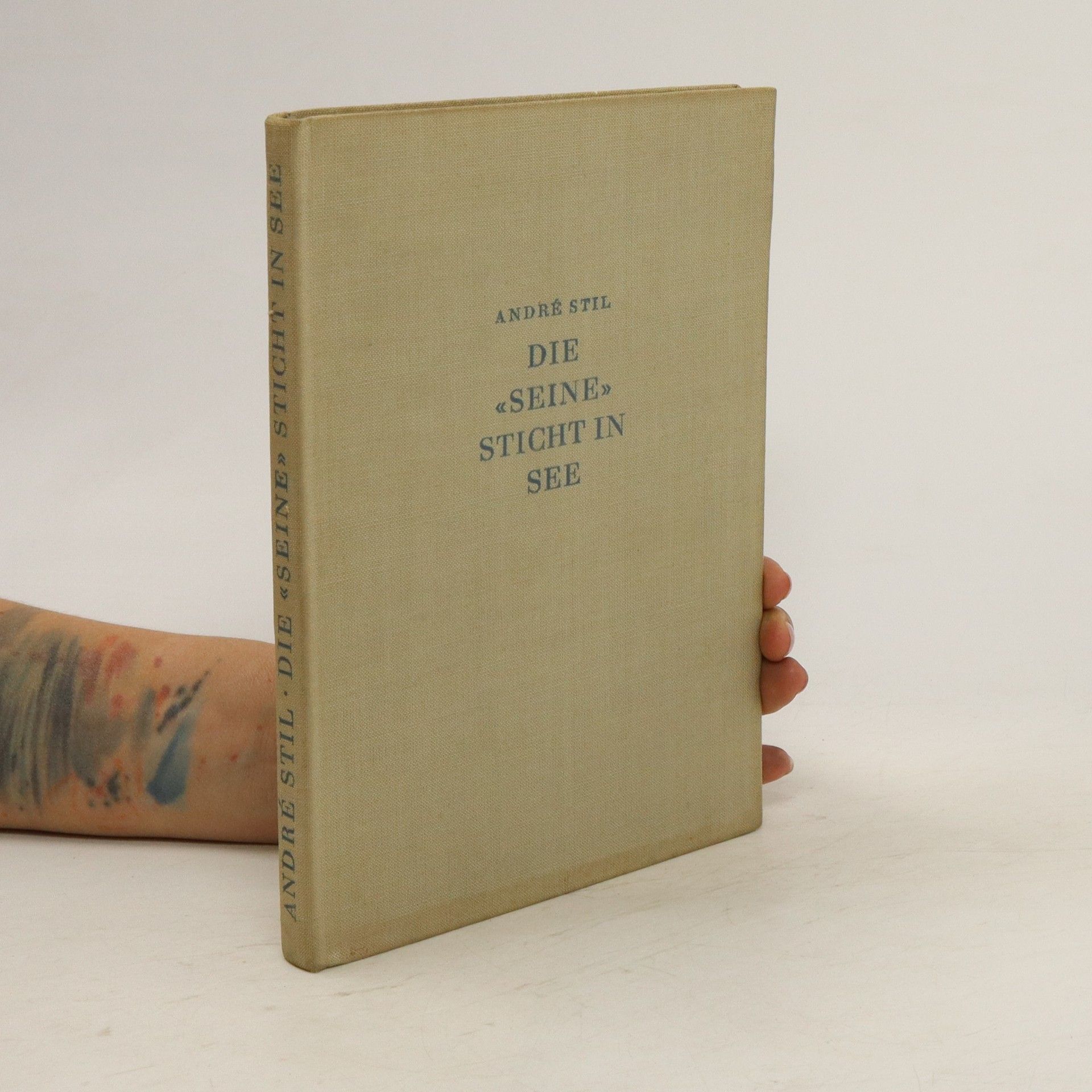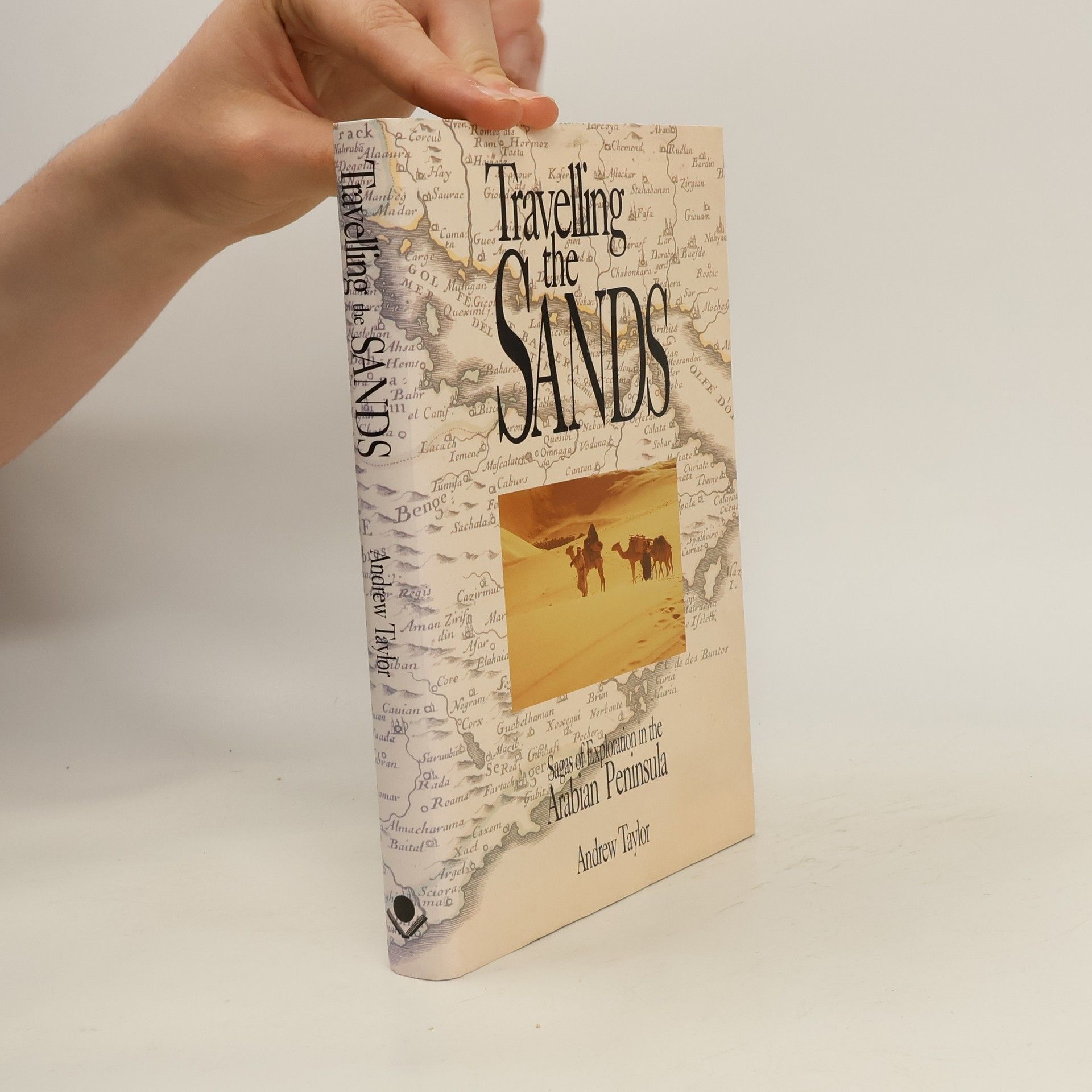Requiem for an Angel
- 930 páginas
- 33 horas de lectura
Like an archaeological dig, The Roth Trilogy strips away the past to reveal the menace lurking in the present: 'Taylor has established a sound reputation for writing tense, clammy novels that perceptively penetrate the human psyche' -- Marcel Berlins, The Times


